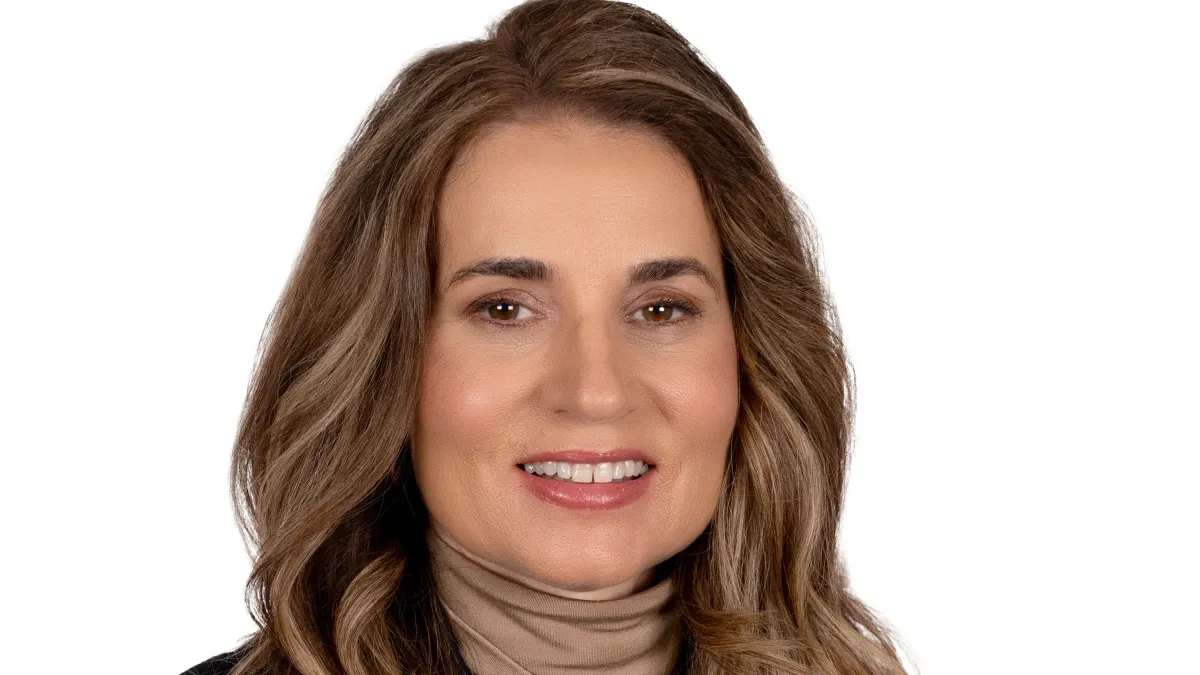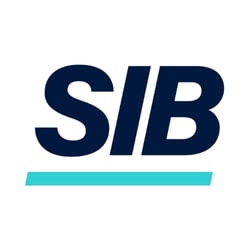Appointing women to the role of the CFO can help to improve innovation, bolster shareholder value and improve revenue growth, a recent study by OneStream Software on the return on investment regarding diversity in the seat found.
When women are appointed to the CFO seat at underperforming companies, those businesses see a 10% increase in total shareholder return on average compared to the performance under their previous finance chief, “The Glass Chair: Unlocking the value of women in finance” released Wednesday said. Women in the CFO chair at Fortune 500 and FTSE 100 companies also help to drive up shareholder value, outperforming industry benchmarks by up to 4.7% in the healthcare industry, according to the study.
The bump in performance could be partially due to women in top finance roles tending to fall into a persona the study deemed as a “financial guardian” — a leader focused on financial governance, strategic leadership and team development. That detailed-oriented approach is crucial to being able to boost performance: understanding “what the required shareholder value is, what the required execution processes are, and having those different seats is really important to being able to turn around a company,” Pam McIntyre, senior vice president, corporate controller for OneStream, said.
Once all of the rules and controls are in place, then “you can move on to developing the roadmap, driving the transformation journey, implementing tools, implementing AI, being a strategic thinker and visionary for the business, because you know where all the things are and…you know how to drive the results in each of the different seats that you've sat in,” McIntyre said of the financial guardian approach in an interview.
Taking the long way
The “Glass Chair” study, part of the “Finance 3025” initiative by the Birmingham, Michigan-based enterprise software provider, takes a look at the ROI of women in the top finance role at a time when the CFO position has continued to evolve — a change which has put more scrutiny on the skills and experiences needed to serve in that seat effectively.
As the finance chief morphs into a strategic leader, as opposed to a record-keeper, the most important skill set needed for those taking on that seat is having a deep, holistic understanding of the business, McIntyre said. “The more involved in understanding the goals, the vision and what needs to be done to drive on [that vision], the better the person will be suited for that seat,” she said.
Women in the finance function are well-placed to bring that skill set with them into the role of the finance chief: because women take a longer, more winding path to the role than men, they are able to build out experience in various parts of the business, granting a different, well-rounded perspective when assuming the CFO role.
On average, women take three years later than men to reach the CFO seat, OneStream’s study found, while they are approximately 6% more likely to take non-traditional routes to the top financial seat — a figure which reaches 12% for those in FTSE 100 companies, the study of 700 finance professionals, split evenly between men and women found.
“I do think that all of those different stops give you skills to put in your toolbox and then bring to the next role, whether it's new management skills, new operator skills, new finance skills,” McIntyre said.
McIntyre has served as OneStream’s corporate controller since February 2020, according to her LinkedIn profile. Her previous roles include serving as VP, corporate controller for Dura Automotive Systems, and as director of finance for Inteva Products. McIntyre began her career at Big Four firm Ernst & Young as an auditor.
The shifting requirements of the CFO role as it continues to evolve could therefore potentially push up the number of women in the position, though women still face barriers to entry: only one in four CFOs in Fortune 500 or FTSE 100 companies globally are women — a figure which has stayed the same since 2011, according to OneStream’s study.
However, that percentage is likely to increase in the coming years, both because the path to the CFO seat itself is widening further and further outside of traditional finance, and simply, “because there's going to be a shortage of people with the right skills” for the evolving role of the CFO, McIntyre said.
As the accounting and finance industry faces a continued shortage of skilled talent — between an exodus of experienced professionals moving toward retirement and a continued contraction of new graduates with accounting degrees — demand for women to fill the top finance chair will grow, she said.
Getting comfy with risk
With the pathways to the CFO role broadening, women are also taking close looks at the skill sets and experiences they feel will be essential to serving as an effective future finance leader as the role continues to change. Seventy-five percent of women CFOs believe honing “digital literacy” skills is key to prepare for the evolving needs of the role, OneStream’s study found. Meanwhile, 83% say the increased use of automation inside of the finance team is “enabling different types of expertise to enter the role of the CFO.”
As the need for digital skills sharpens, future generations of women eying the CFO role may need to grow more comfortable with risk, however. While OneStream’s study shows women in the top finance seat tend to drive digital transformation, data from a previous survey also shows a widening skills gap when it comes to AI. Twenty-four percent of women expect to rely on AI, OneStream said, citing a previous report, compared to 40% of men.
However, that gap “signals a critical opportunity,” according to the report. “As technology reshapes the finance function, it can also drive the next wave of inclusive progress. But to realize that potential, ensuring equal access to upskilling, mentorship, and leadership pathways must be a priority.”
As AI technology filters more deeply into the finance function, executive leaders are looking to understand how to utilize such tools in a secure environment, McIntyre said.
“I think as people build those things, women will start getting more comfortable that, ‘yes, I can do this with not impacting my compliance. I can do this without adding risk to my company and create the right framework in order to execute AI in the right tool set,’” she said.
Editor’s Note: This story has been edited to reflect an updated version of the report published Tuesday. The story originally stated lagging companies led by women saw an average of 10% revenue growth, which was removed from the report.
























